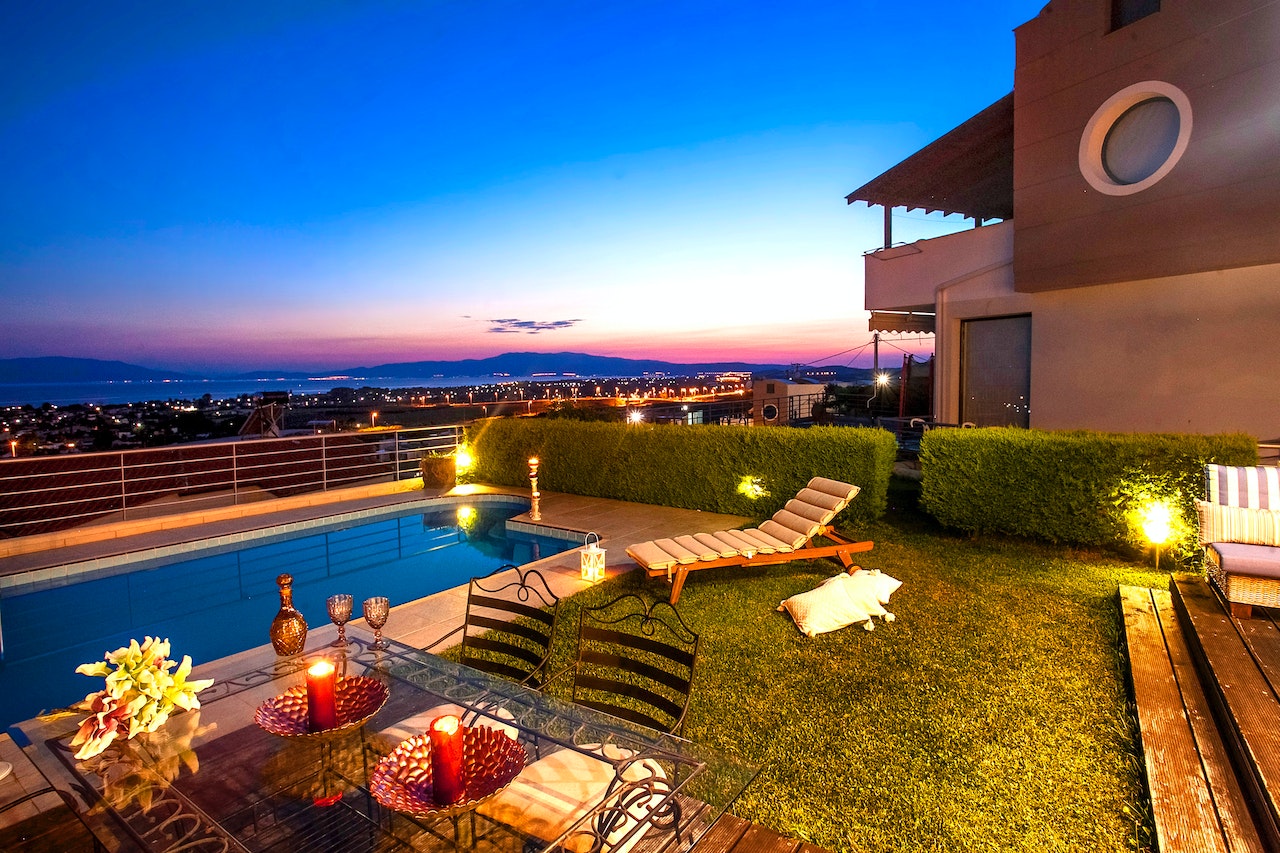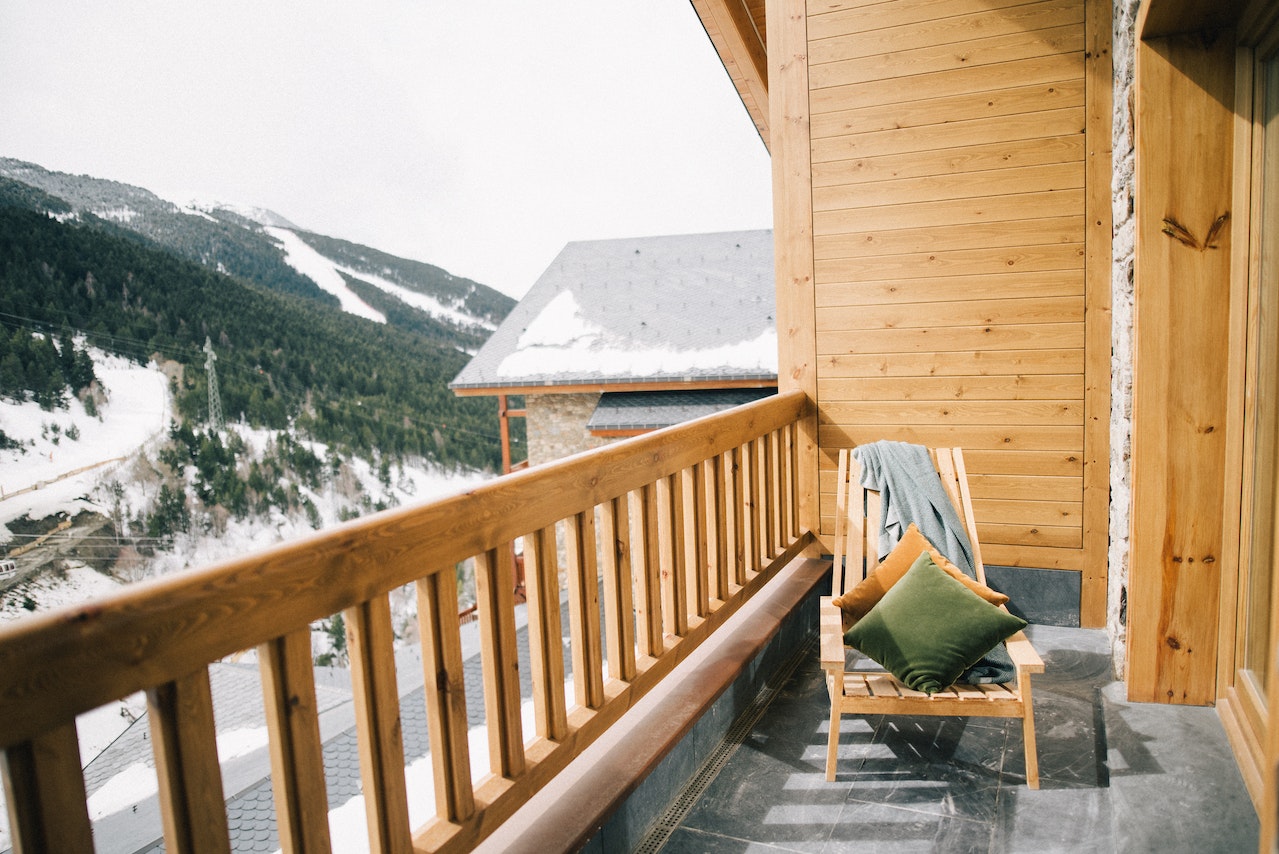Do you ever wonder how social media can influence your vacation rental business in this era of digital revolution? As Airbnb hosts and property managers, harnessing the potential of social media can be your game-changer. Gone are the days when word-of-mouth or traditional advertisements ruled the roost. Today, it’s all about online presence, engagement, and reaching a broader audience with the click of a button.
Let’s pose a question:
How often do you find yourself scrolling through Instagram, Facebook, or even TikTok during a break? Now, how often do you stumble across aesthetically pleasing visuals of vacation homes, alluring you to take that much-needed getaway? The power of these platforms is undeniable, and if you’re not integrating them into your business strategy, you’re potentially missing out on a vast reservoir of potential guests.
The Social Media Landscape and Vacation Rentals
Airbnb itself is a testament to the rise of the shared economy and the digital age. As the platform continues to grow, so does the competition. Differentiating yourself is not merely a luxury; it’s a necessity. And this is where social media swoops in to save the day.
But why is social media such a pivotal tool?
Reach and Exposure:
Social media platforms, particularly giants like Facebook and Instagram, have billions of active users. With the right strategy, your vacation rental can be showcased to an expansive audience, far surpassing traditional outreach methods.
Engagement and Relationship Building:
Ever noticed how a post with a breathtaking view from a balcony, or a cozy nook in a rental, garners tons of reactions and comments? It’s not just about showcasing properties; it’s about creating a conversation, fostering a community, and building relationships.
Instant Feedback and Adaptability:
How swiftly can you gauge the reaction of your audience through conventional methods? On social media, feedback is instantaneous. Whether it’s praise, constructive criticism, or insights into what potential guests are seeking, these platforms offer a goldmine of data.
Affordability and ROI:
Compare the cost of running a Facebook ad campaign targeting a specific demographic versus a traditional print media ad. The difference is stark. Plus, with the ability to track metrics and adapt in real time, the return on investment for social media campaigns often proves superior.
Now, if these reasons have kindled a spark of interest, hold onto that thought. Transitioning smoothly into the core of our guide, we’ll be diving deeper into specific strategies to leverage these platforms effectively. How can you optimize content? Which platform suits your property type best? How can user-generated content amplify your reach?
Overall, the effectiveness of social media in the vacation rental business depends on genuine content and the dedication of time and resources to manage these platforms. Each platform offers unique advantages and should be chosen based on the specific needs and capabilities of the rental business.
Social Media Marketing for Vacation Rentals: Essential Tips for Success

Choosing the Right Platform for Your Property
Dive into the eclectic realm of social media, and you’ll find myriad platforms, each with its unique audience and engagement tactics. But where should you focus your energies?
Instagram:
Best for visually appealing properties. With its image-centric nature, showcase stunning visuals of your property, share stories, and even run targeted ad campaigns to engage potential guests. If you are interested, we have an extensive guide on how to use Instagram for marketing your vacation rentals.
Facebook:
Excellent for community building. Create a dedicated page for your rental, share reviews, and engage with followers through polls, contests, and Facebook Live property tours. And if you have the budget, Facebook Ads can be a great option.
Pinterest:
Ideal for aspirational content. Pin images of your property, creating boards for different themes, like ‘Summer Retreats’ or ‘Mountain Cabins.’
Twitter:
Great for sharing industry news, last-minute deals, and engaging with followers in real-time. Hashtags can also expand your reach.
LinkedIn:
If you cater to business travelers or host events, LinkedIn can help connect with professionals and organizations.
Transforming your rental business with social media includes marketing your properties on Instagram.
Content is King, Engagement is Queen
Quality Over Quantity:
Rather than posting every day, focus on sharing high-quality images and content. Use professional photos, engage with virtual tours, and capture the essence of what makes your property unique.
Interactive Content:
Go beyond static images. Host Q&A sessions, conduct polls about what amenities guests prefer, or go live with behind-the-scenes tours. This not only engages the audience but also provides valuable insights about their preferences.
User-Generated Content:
Encourage guests to share their experiences and photos on their social media, tagging your property. Repost these to your account (with permission) to create authenticity and build trust.
Consistent Branding:
Your vacation rental should have a consistent voice and aesthetic across all platforms. Whether it’s the color scheme, logo placement, or tone of the posts, consistency breeds familiarity.
Harness the Power of Ads and Analytics
Targeted Ad Campaigns:
Platforms like Facebook and Instagram offer powerful ad targeting options. You can reach specific demographics, from families to solo travelers, ensuring your property reaches its ideal audience.
Analyze and Adapt:
Regularly review analytics to understand which posts your audience prefers, the best times to post, and other key metrics. This data-driven approach allows you to tweak your strategy for optimal results.
Engage, Respond, Repeat
Active Engagement:
Social media isn’t a one-way street. Engage with comments, reply to messages, and ensure you’re actively participating in the conversation. This not only boosts your property’s visibility but also fosters trust and credibility.
Handle Negative Feedback Gracefully:
It’s inevitable; not every review or comment will be positive. However, addressing grievances with professionalism and offering solutions can turn a negative review into a positive.
Collaborate for Greater Reach
Partner with Influencers:
Collaborating with travel influencers or bloggers can put your property in front of a vast audience. Ensure you choose partners whose audience aligns with your target demographic.
Local Business Collaborations:
Partner with nearby restaurants, tour operators, or event organizers. Shared promotions or packages can appeal to travelers and offer them a comprehensive experience.
The world of social media is constantly changing, so staying up-to-date with the latest trends and being flexible is essential. As you immerse yourself in this digital realm, always prioritize genuine connections over mere numbers. Remember, at the heart of every click, like, and share, is an individual who might just be looking for the unique experience your vacation rental offers.
Vacation rental copywriting:
Every image you post and every ad you run are effective only when coupled with compelling copy. Copywriting for vacation rentals isn’t merely about describing the property; it’s about evoking emotions and painting vivid mental pictures.

Tell a Story:
Every property has a unique history or essence. Whether it’s a cabin passed down through generations or a modern apartment designed with sustainable practices, share that story. Readers connect with narratives, not just features.
Highlight Unique Selling Points (USPs):
What makes your rental stand out? Is it the breathtaking sunrise views, the proximity to a secluded beach, or perhaps the vintage record player in the living room? Pinpoint and emphasize these details.
Use Sensory Descriptions:
Don’t just tell; make them feel. “Wake up to the melodious chirping of birds” is more evocative than “Birds are present nearby.”
Avoid Jargon:
Your audience might not know industry-specific terms. Instead of saying “bi-weekly availability,” opt for “available every other week.”
Clear and Concise CTA:
Your call to action (CTA) should be unmistakable. “Book your coastal escape now!” or “Experience mountain serenity. Reserve today!” are decisive and motivating.
STR (Short-Term Rental) Marketing: Broadening the Horizon
Short-term rentals have witnessed a boom, thanks to platforms like Airbnb, Vrbo, and Booking.com. But to stand out, you need an effective STR marketing strategy.
SEO Optimization:
Beyond social media, ensure your property’s website or listing is optimized for search engines. Incorporate keywords relevant to your property type and location. “Seaside villa in Malibu” or “Downtown Boston apartment” can drive organic traffic.
Email Marketing:
Collect email addresses (with consent) and send out newsletters highlighting seasonal offers, guest reviews, or local events. Personalized email campaigns can foster loyalty and repeat bookings.
Virtual Tours and Videos:
Enhance the guest’s experience by offering virtual tours or videos showcasing the property and its surroundings. This not only provides a clearer picture but also builds trust.
Stay Updated with Market Trends:
The STR landscape is dynamic. Regularly research market rates, occupancy trends, and guest preferences. Adjust your offerings and pricing strategy accordingly.
Diversify Your Presence:
While platforms like Airbnb are popular, don’t put all your eggs in one basket. List your property on multiple platforms and even consider having a dedicated website.
It’s all about merging the allure of tangible offerings (like a cozy room or a scenic view) with intangible emotions and experiences. Standing out in the digital age means creating memories before travelers arrive at your doors and ensuring those memories entice them to visit.
































